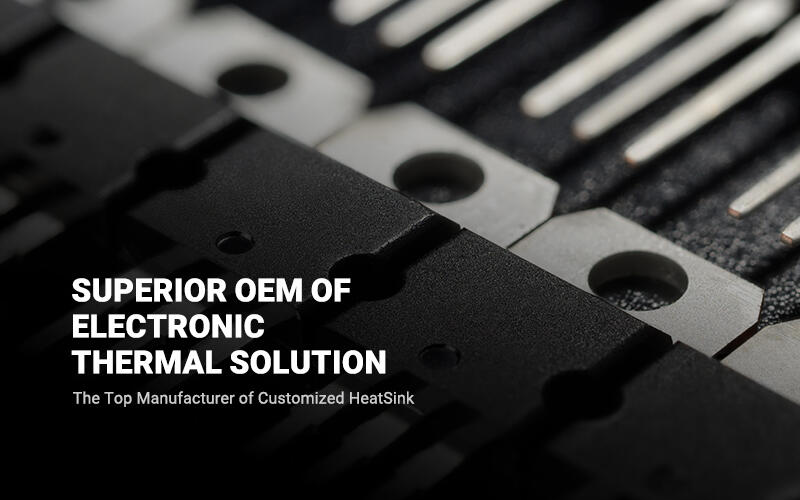The Bending Fin Heat Sinks HT-BC1-001 are engineered to provide exceptional heat dissipation for various industries, including AI servers, automotive applications, aerospace engineering, and semiconductor manufacturing. Featuring a bending fin design, these heat sinks enhance airflow and surface area, allowing for efficient heat transfer away from critical components. This design ensures that high-performance systems maintain optimal operating temperatures, thereby prolonging their lifespan and improving overall reliability.
High Thermal Conductivity with Copper Material
Crafted from premium-grade copper, the Bending Fin Heat Sinks HT-BC1-001 heat sinks offer superior thermal conductivity compared to standard aluminum alternatives. Copper’s ability to quickly absorb and dissipate heat makes it an ideal material for applications where high power density is a concern. The corrosion-resistant finish, customizable based on customer requirements, further enhances durability and ensures long-term performance in harsh environments. This makes the HT-BC1-001 suitable for use in AI data centers, automotive control units, and aerospace systems.
Customized Solutions for Diverse Applications
Understanding that each industry has unique cooling requirements, the Bending Fin Heat Sinks HT-BC1-001 series offers a range of customization options. From anodized or plated finishes to specific dimensions and mounting options, these heat sinks can be tailored to fit specific OEM needs. Our team is equipped to provide design consultation, rapid prototyping, and full-scale production to ensure that your cooling solutions align perfectly with your system requirements. Contact us to discuss your OEM service needs and receive a personalized solution.
Ideal for Emerging Technologies and Energy Efficiency
The Bending Fin Heat Sinks HT-BC1-001 are particularly well-suited for high-frequency AI servers, renewable energy systems, and advanced automotive electronics. Their ability to maintain stable temperatures under continuous operation reduces the risk of thermal throttling and system failure. By ensuring efficient thermal management, these heat sinks contribute to energy efficiency and sustainable performance across diverse applications, including semiconductor manufacturing and aerospace engineering.



